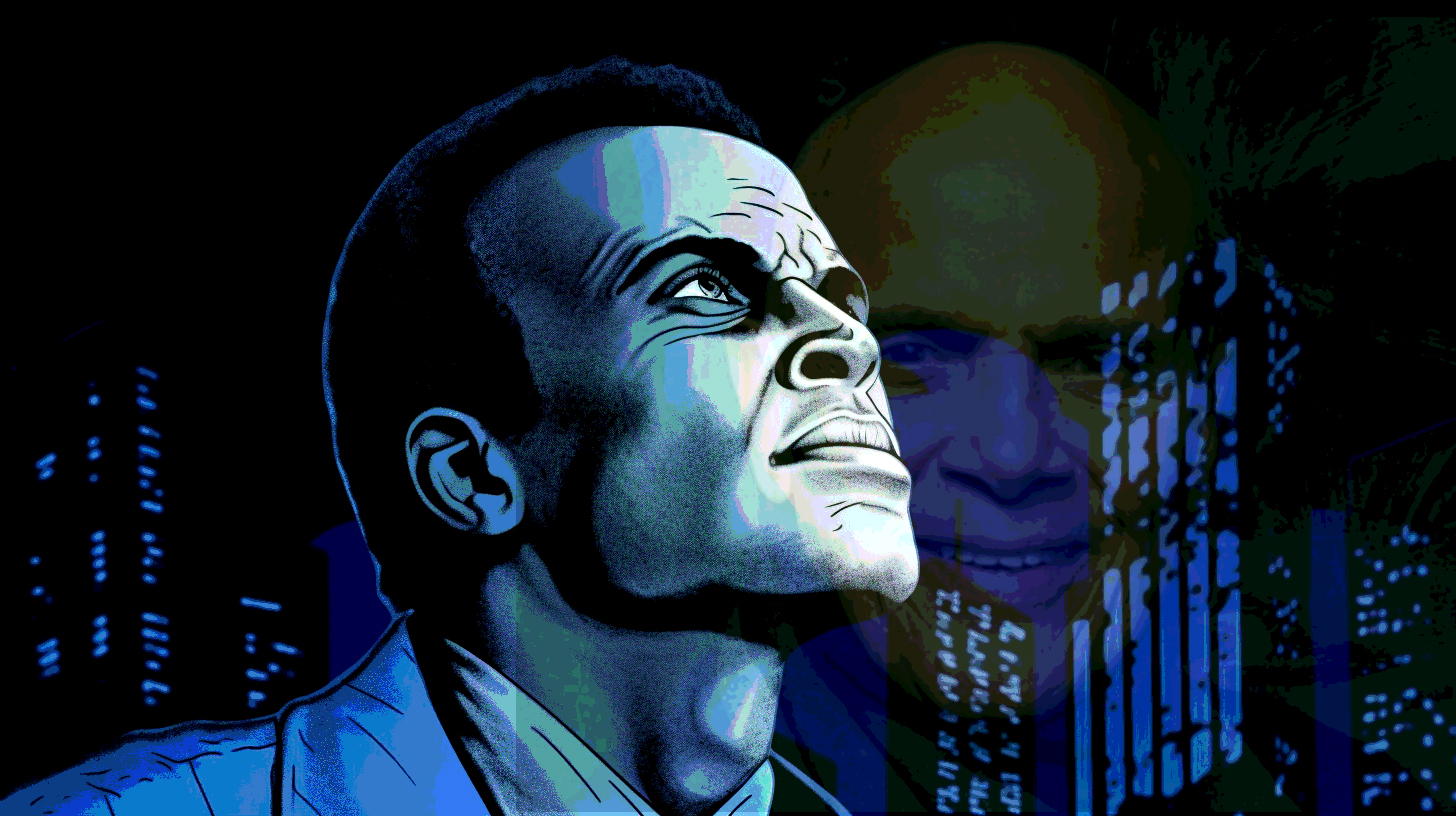Beloved Singer, Actor and Human Rights Activist Harry Belafonte Honored in Roundtable Discussion
On April 27th, Hard Knock Radio paid tribute to the life and legacy of Harry Belafonte, a singer, actor, and human rights activist who passed away at the age of 96. The roundtable discussion included activists, artists, and organizers from across the country, reminiscing on Belafonte’s signature project, The Gathering for Justice.
Honoring Harry Belafonte’s Legacy
The guests included Malia Lazu from Boston, who worked closely with Belafonte on the first Gathering for Justice event in Oakland, and Nane Alejendrez from Barrios Unidos in Santa Cruz saw Belafonte as a brother figure. George Galvez of the Bay Area, who heads up Communities United for Restorative Youth Justice, Paradise Gray of 1 Hood, and Hip Hop artists Rodstarz of Rebel Diaz, also joined the conversation.
Belafonte’s Life and Impact
During the roundtable, Malia Lazu explained that many people knew of Belafonte’s work during the Civil Rights Movement, where he worked closely with Dr. Martin Luther King Jr. and played a key role in funding many of its activities. Others knew him as a singer who popularized the protest song “Day O (the Banana Boat Song),” while some remembered him as the driving force behind “We Are the World” project, which raised money to help combat famine in Ethiopia and Eastern Africa. Belafonte also served as a UNICEF ambassador and played a significant role in helping fight Apartheid in South Africa and bringing Nelson Mandela to America once he was free.
Belafonte’s Life-Changing Encounter
Malia Lazu explained that most of the people gathered didn’t meet and start working with Belafonte until he was in his late 70s. It all started when Belafonte saw on TV the handcuffing of a 5-year-old Black girl, Jaiesha Scott, by police in Alabama. This incident enraged Belafonte, and he began to question the role and effectiveness of the Civil Rights Movement. Belafonte reflected on his generation’s failure, asking the question, “Did he and others pass the baton of leadership?” He felt they had come up short, and that sparked the Gathering for Social Justice.
Belafonte’s Lifelong Impact
Nane Alejandrez detailed the work they did in many of the prisons, including addressing the issues of inter-communal violence and Black on Brown violence. He noted that Belafonte had a profound impact on many of the men and women he met, and eventually, the major factions within Pelican Bay would come up with the “End Hostilities Agreement.” Belafonte kept those relationships going with the lifers he would spend time with until the day he died.
During the roundtable, George Galvez of CURYJ spoke about Belafonte’s significant impact on his activism and the work he and others were doing to end mass incarceration, provide support for those returning home, and offer resources for marginalized individuals. His conversations and work with Mr B encouraged him to double his efforts. The jewels of wisdom he received from Harry Belafonte made him a better organizer.
Paradise Gray of X-Clan fondly remembered Belafonte’s early work with hip-hop artists in the 1980s. Gray noted that at the time, many elders in positions of power and influence looked down on hip-hop and saw it as an embarrassment during the height of the crack era. However, Belafonte embraced the culture and produced the landmark movie ‘Beat Street‘, which displayed hip-hop’s five main elements to the world. Gray had the privilege of traveling with Belafonte and fellow Pittsburgh hip-hop artists Jasiri X and Khari Mosley to various communities, from Appalachia to inner cities, to build bridges with people on the ground. The work they did with Belafonte helped inspire the formation of the Pittsburgh-based organization 1 Hood.
Paradise also mentioned that X Clan was already part of an organization called Blackwatch, headed by Black Nationalist Sonny Carson. He talked about the organizing strategies between the two men and concluded that while they took different political approaches, they both were fully committed to Black Liberation.
Rodstarz of the group Rebel Diaz also shared his experience of meeting Harry Belafonte while working on the ground in Ferguson during the Mike Brown rebellion. Rodstarz’s group was close to Brown’s family and pushed back on some of what was said in the meeting. He noted that he thought Belafonte would get defensive or even angry for being challenged; instead, he respected their perspective and made space for them to share their ideas, perspectives, and strategies. Rodstarz noted that during that meeting, Harry Belafonte jumped on the phone with folks on the ground in Ferguson, like Tef Poe and Tory Russell and welcomed them into the circle.
In conclusion, all participants agreed that much work must be done to combat those who hold anti-Black, anti-Brown, anti-immigrant, anti-gay, and anti-women views. These individuals are arming up and preparing to oppress people, making it crucial for activists and organizations to continue organizing and strategizing to ensure that future generations can survive and thrive. The discussion served as a reminder of the importance of mentorship, bridging communities, and solidarity in the fight for social justice.
Belafonte’s Legacy Lives On
Nane Alejandrez asked Belafonte what he envisioned as the next steps to be taken in this fight for justice and liberation. Belafonte made it clear that Nane, at 73, would not be retiring anytime soon. Belafonte’s legacy lives on through those he inspired, and the Gathering for Justice continues to thrive under the leadership of CEO Carmen Perez-Jordan.
Harry Belafonte’s contributions to society have left an indelible mark, and he will be forever remembered as an unapologetic freedom fighter and a champion for human rights.


Leave a Reply